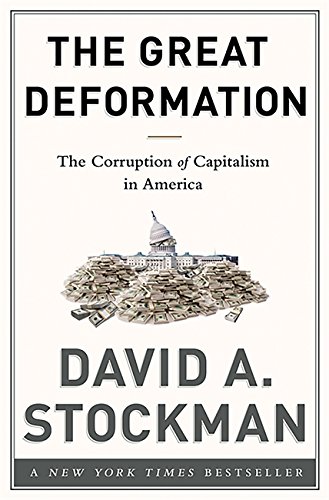The language of scams and flim-flams is colorful. No one likes to get bamboozled, but the words for getting duped are creative and vivid. This creativity extends to out-of-fashion words for dastardly swindles. Make sure to use one of the following the next time you get hornswoggled.
1. CANOODLE
This day, when we hear about canoodling, it’s usually two celebrities playing tonsil hockey or enjoying a wholesome hug. But this word has a more disreputable history. Canoodling has always had a sense of two people getting
 The Unabridged Devil&r...
Best Price: $4.05
Buy New $13.50
(as of 02:50 UTC - Details)
close, but originally one was trying to rip the other off. An Oxford English Dictionary example from 1864 describes someone “adept in that branch of persuasive dialectics known as ‘conoodling’.” Come to think of it, persuasive dialectics is another solid good term for trying to sell someone a bridge.
The Unabridged Devil&r...
Best Price: $4.05
Buy New $13.50
(as of 02:50 UTC - Details)
close, but originally one was trying to rip the other off. An Oxford English Dictionary example from 1864 describes someone “adept in that branch of persuasive dialectics known as ‘conoodling’.” Come to think of it, persuasive dialectics is another solid good term for trying to sell someone a bridge.
2. BEGUNK
This word has nothing to do with gunk in the sense of grimy filth, though it may be worse: It’s a rare word for conning someone that dates from the 1700s. To begunk is to befool. Begunk can also be a noun, meaning an example of such nefarious treachery.
3. BESWIKE
Here’s a similar term that has roots in Old English. If you’re a dastardly deceiver, you’re a beswiker.
 The Great Deformation:...
Best Price: $2.00
Buy New $9.95
(as of 09:55 UTC - Details)
4. POSSUMING
The Great Deformation:...
Best Price: $2.00
Buy New $9.95
(as of 09:55 UTC - Details)
4. POSSUMING
Since the mid-1800, folks have been possuming, and it’s related to the still-common expression playing possum. When you possum, you’re usually pretending to be sick or dead, most likely for financial gain. An 1846 use by R. G. A. Levinge explains and uses another deception-centric term: “Possuming is become an idiom; a term signifying any one who is humbugging or deceiving.”
5. CONEY-CATCHING
Coney was originally a term for a rabbit, but a coney-catcher is someone who’s pulled the rabbit out of the hat in a sneaky way, most likely involving a swindle. This term goes back to the 1500s. An 1894 use by poet Edmund Goose is a characteristic example: “At Hodsdon, he is prevailed on to play cards with some coney-catchers, who fleece him of everything.”





